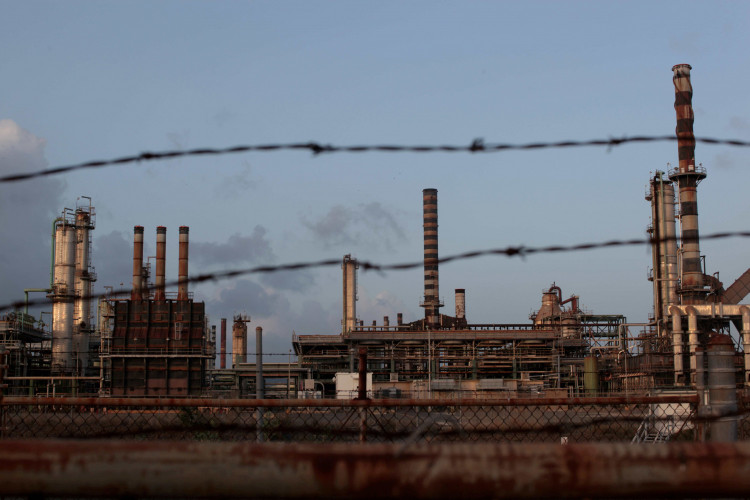On Monday, China reiterated its disagreement to a cap on Russian oil prices, following the Group of Seven finance ministers' decision last week to impose one in order to decrease funding for Moscow's war in Ukraine.
As Europe cuts imports, China has emerged as a significant buyer of low-cost Russian oil. For the three months preceding up to July, Russia was China's primary oil supplier, as independent refiners expanded their purchases of low-cost supplies while cutting exports from rival suppliers such as Angola and Brazil.
Given its concerns about energy security and its growing reliance on Russian oil imports, China has declined to condemn Russia's invasion of Ukraine and is not expected to defend it.
Mao Ning, a spokesperson for the foreign ministry, said during a routine news conference that "oil is one of the global commodities and it is crucial to ensure the security of global energy supply."
"We hope that relevant countries will make constructive efforts to ease the situation through dialogue and consultation, not do the opposite," she added.
In the first seven months of the year, imports from Russia totaled 48.45 million tonnes, an increase of 4.4% over the previous year.
The G7 nations of the United States, Britain, Canada, France, Germany, Italy, Japan, and have already curtailed or stopped buying Russian oil. However, participation from other nations is necessary for the strategy to succeed, especially large nations like China and India, two of Russia's most significant trading partners.
Despite the possibility of reduced pricing provided by the G7 agreement, Bill O'Grady of Confluence Investment said that China and India are already getting cheaper - cheap enough - oil.
To limit Moscow's earnings while it continues its war on Ukraine, Russian oil would be bought at a discount from the going market rate. However, it would maintain the price above the cost of manufacturing to encourage exports. A US Treasury official suggested that the discounted rates, which were determined separately for crude oil and refined petroleum products, may be periodically altered.
There have been international mechanisms designed to stop a country from exporting oil, like those currently targeted at Iran and Venezuela, or to limit commerce, such as the UN "Oil-for-Food" program, which from 1995 to 2003 only permitted Iraq to sell oil to pay for food, medicine, and humanitarian needs. However, there has never been an attempt to impose a country with different pricing.





